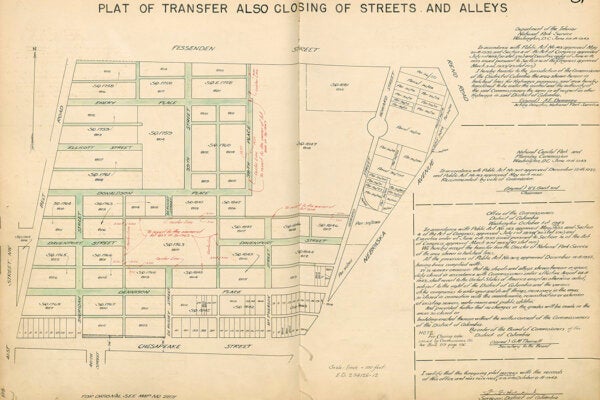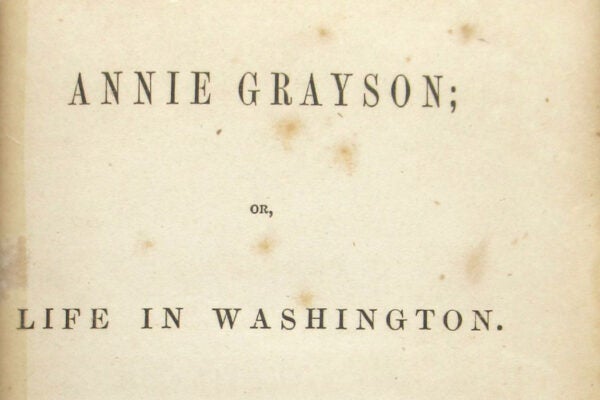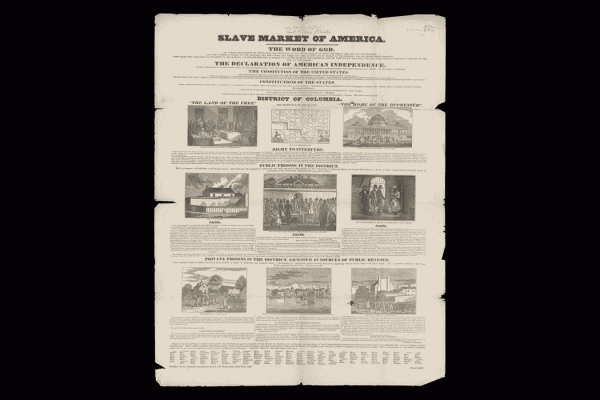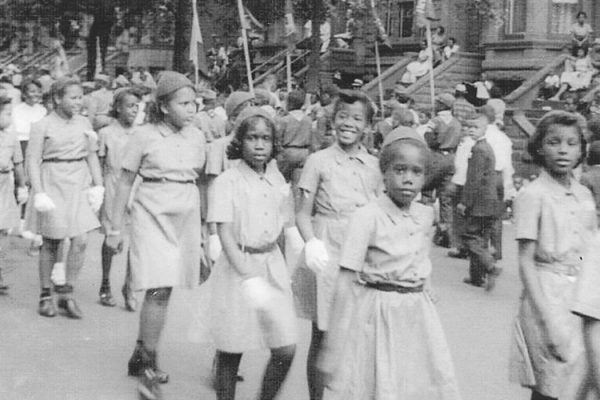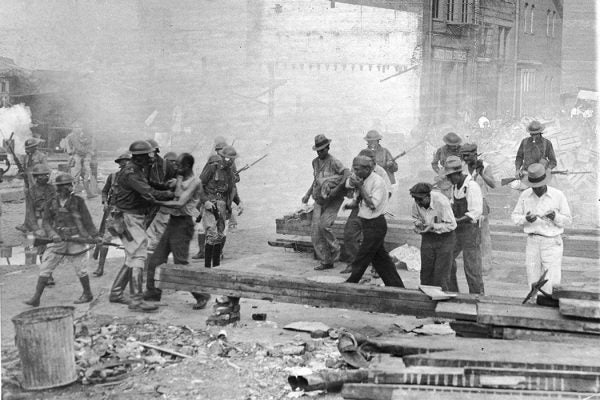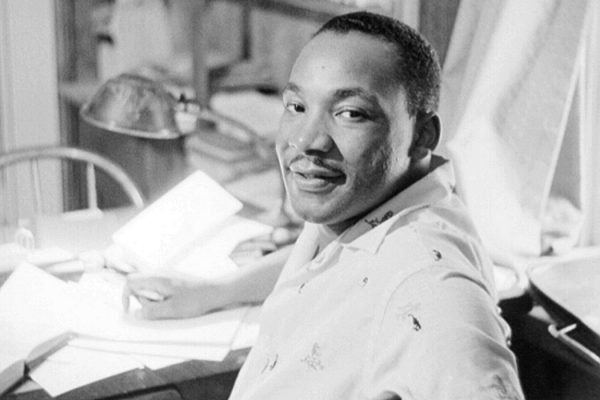Battery X: A Secret Test of Women at War during WWII
Although their contributions have been largely forgotten, women played an active role in Washington DC’s air defense system during World War II.
Island in the Potomac
Steps from Georgetown, a memorial to Teddy Roosevelt stands amid ghosts of previous inhabitants: the Nacotchtank, colonist enslavers, and the emancipated.
The Price of Plenty: Should Food Be Cheap?
The supermarket revolution made food more affordable and accessible than ever. But do the hidden costs of food feed into our illusions of justice and progress?
Segregation by Eminent Domain
The Fifth Amendment allows the government to buy private property for the public good. That public good was long considered the expansion of white neighborhoods.
Nancy Lasselle’s Washington Novels
Lasselle’s 1850s novels were the first to examine the entanglements of society and politics—including lobbying—in Washington, DC.
Deep Zoom: 1836 Broadside “Slave Market of America”
Published by the American Anti-Slavery Society, this single 77 by 55 centimeter sheet tells multiple stories in both text and illustration.
The Long Fight for D.C. Statehood
Will the District of Columbia ever get its own star on the American flag? It's been an uphill journey so far.
Desegregating the Girl Scouts
The Girl Scouts had always professed that they were open to all girls. But how did that play out in segregated cities?
How Tear Gas Became a Staple of American Law Enforcement
In 1932, the “Bonus Army” of jobless veterans staged a protest in Washington, DC. The government dispersed them with tear gas.
Why MLK Believed Jazz Was the Perfect Soundtrack for Civil Rights
Jazz, King declared, was the ability to take the “hardest realities of life and put them into music, only to come out with some new hope or sense of triumph.”



